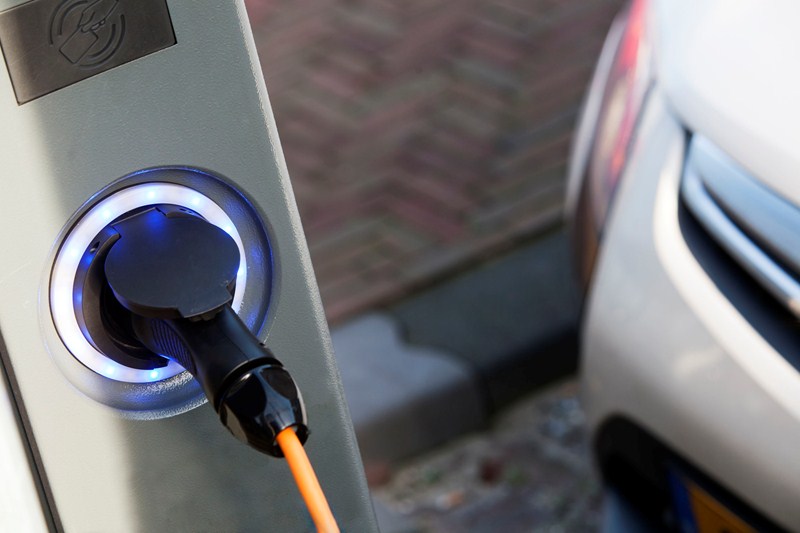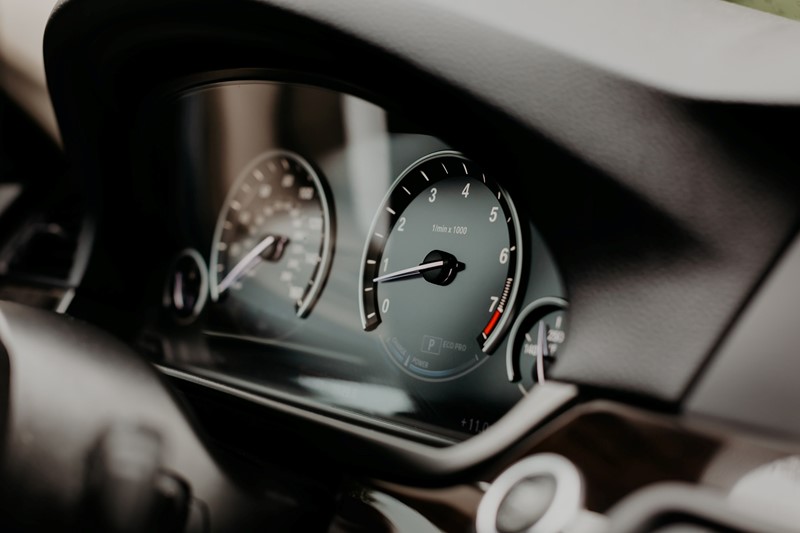HMRC has published revised guidance concerning the charging of company cars and vans at residential properties. HMRC had previously maintained that the reimbursement of costs in relation to charging a company car or van at a residential property was a taxable benefit. This advice seemed at odds with the exemption on payments and benefits provided in connection with company cars and vans laid out in the relevant legislation.
HMRC has now confirmed, following a review of their position, that the electric charging of company vehicles at home base can now be treated as a tax-free benefit.
HMRC has published revised guidance about this change in interpretation and has stated that:
Following a review of our position, HMRC now accepts reimbursing part of a domestic energy bill, which is used to charge a company car or van, will fall within the exemption provided by section 239 ITEPA 2003.
This means that no separate charge to tax under the benefits code will arise where an employer reimburses the employee for the cost of electricity to charge their company car or van at home.
HMRC has also said that the exemption will only apply where it can be demonstrated that the electricity was used to charge the company car or van. Employers will need to make sure that any reimbursement made towards the cost of electricity relates solely to the charging of their company car or van.












